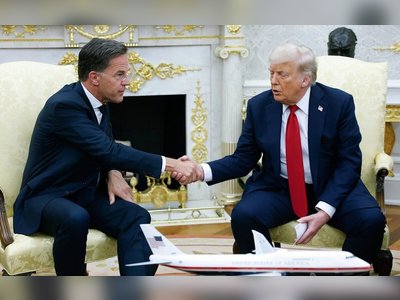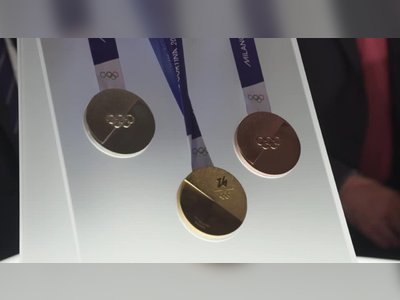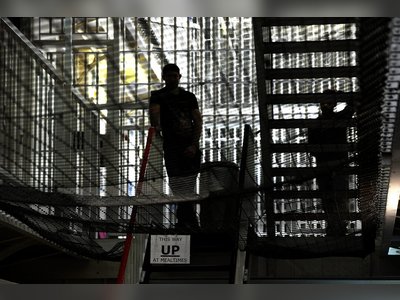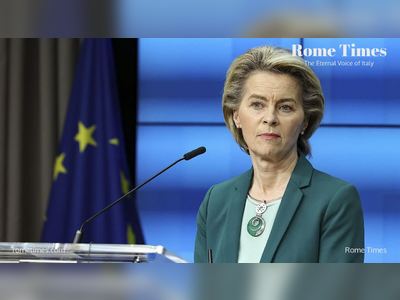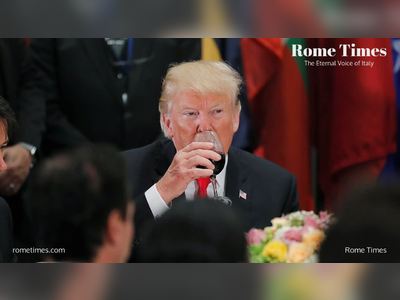Centrist Criticism of von der Leyen Resurfaces as she Survives EU Confidence Vote
European Commission President Ursula von der Leyen on 10 July 2025 weathered a no‑confidence vote in the European Parliament, with 360 MEPs opposing the motion, 175 in favour and 18 abstaining.
The vote fell short of the two‑thirds majority required to remove her from office .
The motion, tabled by Romanian MEP Gheorghe Piperea and supported by members across the political spectrum, cited several grievances.
These included the Commission’s refusal to disclose private text messages exchanged with Pfizer’s CEO during COVID‑19 vaccine negotiations, alleged opacity in allocating recovery funds, and accusations of interference in national elections .
Von der Leyen was not present at the vote, having attended a separate conference in Rome.
She later described the motion as an attempt by “illiberal forces” to destabilise European institutions and defended her record, particularly highlighting the EU’s equitable vaccine distribution during the pandemic .
Although the motion was expected to fail, it exposed fault lines within traditionally supportive centrist and centre‑left groups.
Some Socialists and Greens raised concerns about a perceived rightward shift in Commission policies, including economic and environmental initiatives.
These factions ultimately voted against the motion, citing the geopolitical importance of maintaining the current Commission amid ongoing challenges such as global trade tensions and the war in Ukraine .
The no‑confidence vote marked the first such challenge since 2014, when Jean‑Claude Juncker faced a similar motion and survived .
Coinciding with the confidence debate, a recent speech by Dutch commentator Eva Vlaardingerbroek has attracted widespread attention.
In her address at a Hungary‑based conference, she questioned the democratic legitimacy of the Commission’s decision‑making.
She asserted that von der Leyen was not directly elected by citizens and criticised policies including the Green Deal, migration frameworks, EU defence initiatives aimed at supporting Ukraine, and a purported undisclosed €35 billion pharmaceutical agreement with Pfizer .
In the speech, Vlaardingerbroek emphasised notions such as an "illusion of democracy" and the concentration of power in unelected institutions.
She expressed concerns about economic consequences, national sovereignty, and transparency in public procurement .
Both the parliamentary vote and the resurfacing of Vlaardingerbroek’s speech highlight an intensifying public focus on the transparency and democratic accountability of EU institutions.
The episode has reignited debate among lawmakers and citizens regarding the balance between supranational governance and direct electoral legitimacy within the bloc.
The speech is here: https://www.youtube.com/watch?v=vseM6MMk9qo
